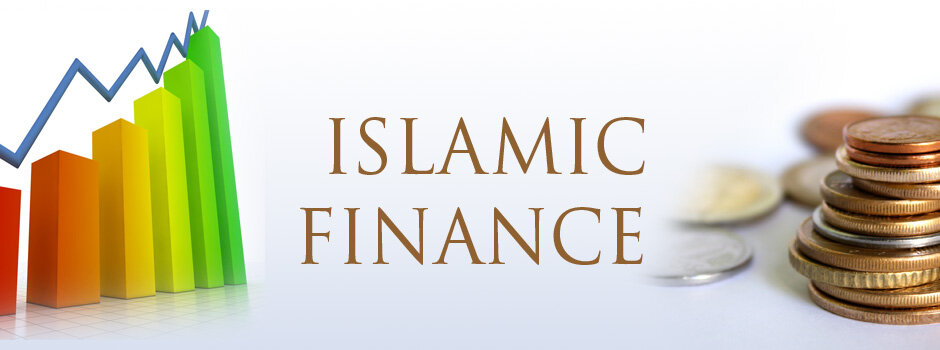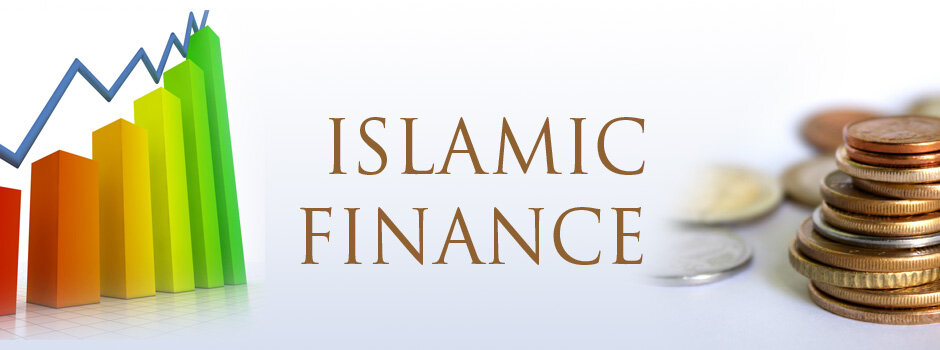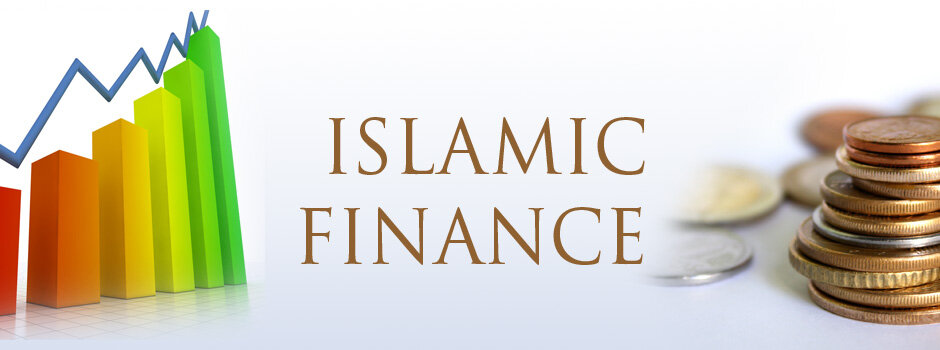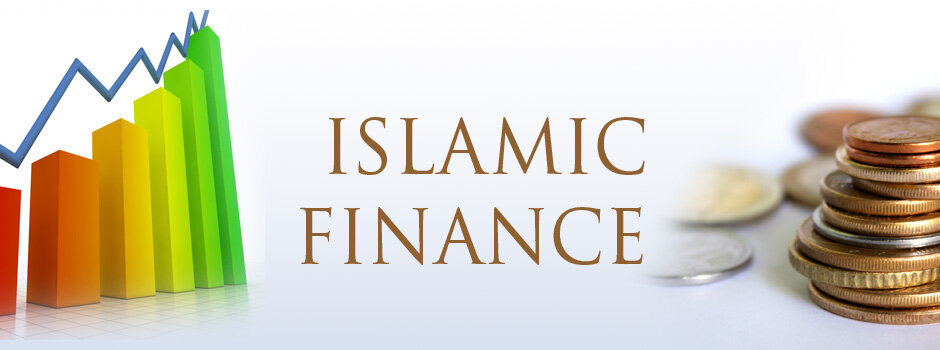The rise of technology has significantly shaped our lives, particularly through financial technology, which has driven the development and innovation of the finance industry. This has been achieved by elevating financial services through automation, cost-cutting, centralization, global reach, and enhanced communication and transparency. In the Islamic finance sector, technology has allowed for expansion beyond traditional limitations and opened new growth areas, leading to the emergence of Islamic fintech. This sector is revolutionizing Islamic finance by offering innovative solutions, driven by the increasing demand for Shariah-compliant financial products and services. Islamic fintech solutions include various digital platforms, mobile applications, and online services for individuals and businesses.
Here are major trends in Islamic fintech catering to the specific needs of Muslim consumers while ensuring compliance with Islamic principles:
- Digital Islamic Banking Platforms: These platforms offer a range of services, including current accounts, savings accounts, and investment opportunities, ensuring transparency and Sharia compliance for users managing their finances.
- Islamic Payment Solutions: These solutions facilitate cashless transactions through digital wallets, prepaid cards, and mobile payment applications, enabling users to make payments, transfer funds, and donate to charitable causes.
- Islamic Peer-to-Peer (P2P) Financing and Equity Crowdfunding Platforms: These platforms provide Sharia-compliant alternatives to conventional crowdfunding, allowing individuals and businesses to raise funds for various projects, ensuring transparent and profitable investments.
- Digital Investment Platforms: Halal investment platforms offer Sharia-compliant investment products such as stocks, Islamic mutual funds, ETFs, and REITs. They provide diversified portfolios, ensuring all investment options comply with Islamic principles.
- Robo-Advisory Services: Robo-advisory services offer automated, low-cost investment management aligned with Islamic finance principles. AI-driven algorithms provide personalized investment advice, building and monitoring portfolios based on user goals and risk tolerance.
- Digital Zakat Platforms: These platforms channel the economy toward sustainability, combining social and sustainable development with profitability. Powered by e-wallets, crowdfunding, blockchain technology, and tokenization, they facilitate digital Zakat, Sadaqah, and Waqf contributions.
Each solution offers unique features and benefits, and the best option depends on individual preferences and requirements. For comprehensive banking experiences, digital Islamic banking platforms may be more suitable, while those focused on investment opportunities may prefer halal investment platforms or robo-advisory services.










